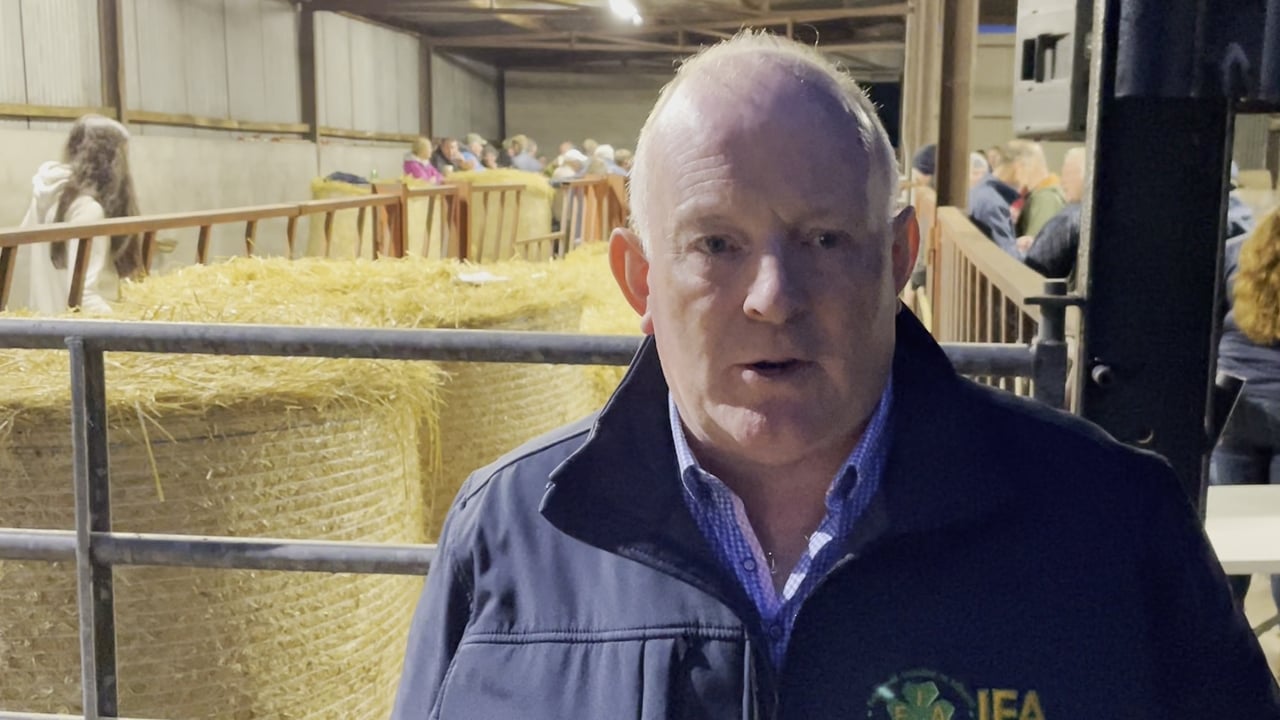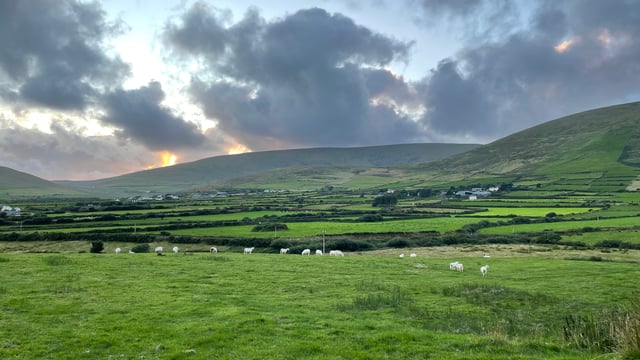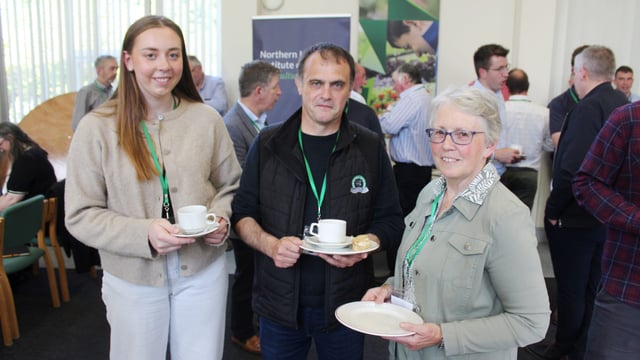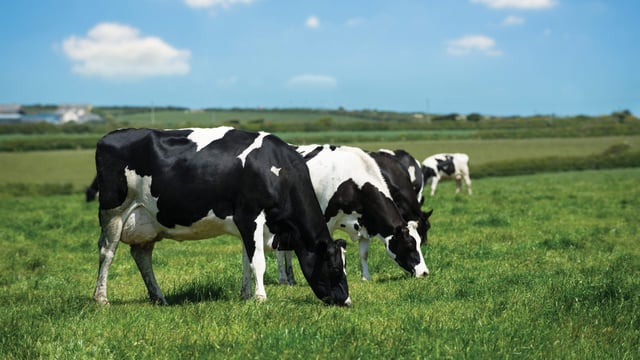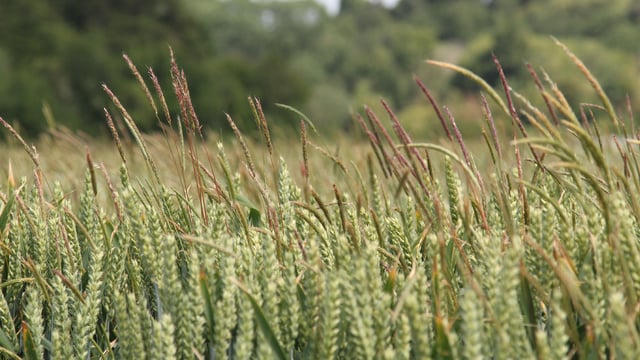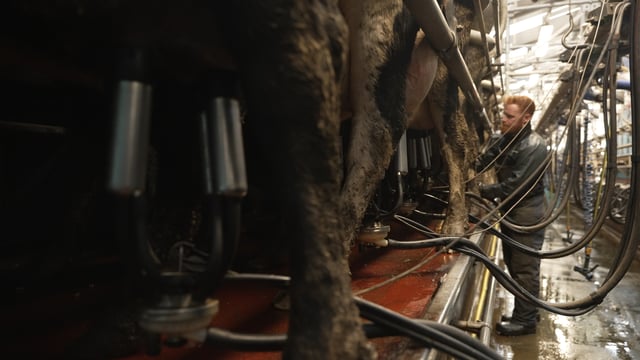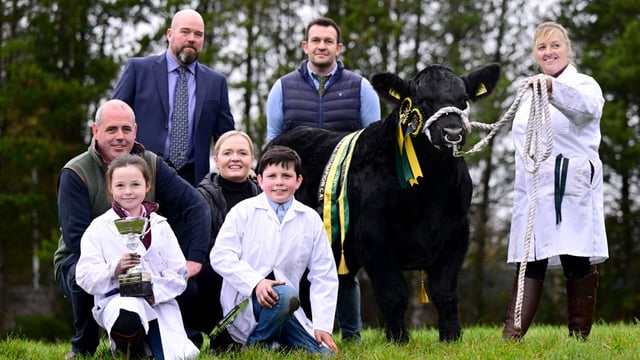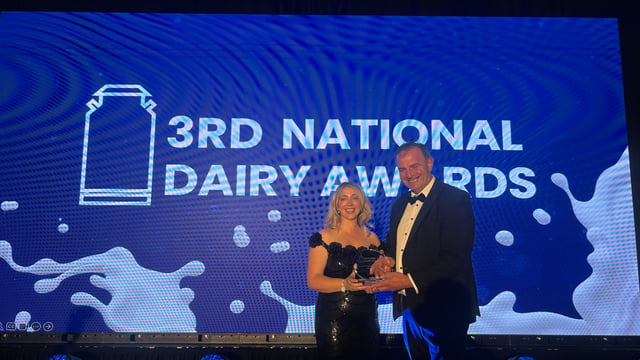Gorman meets EU budget officials to reiterate CAP fears
Francie Gorman, president of the Irish Farmers' Association (IFA), has met with officials from the European Commission department responsible for the EU's budget to reiterate farmer fears over the future of the budget for the Common Agricultural Policy (CAP).
Proposals on the format of the next CAP post-2027 are set to be revealed by the European Commission next month, along with proposals on the future Multiannual Financial Framework (MFF), the EU's long-term budget.
It is understood that, at the moment, the commission is considering a 'single fund' approach to the MFF for each country, meaning there will not be ringfenced funding for the EU's policy areas, including CAP.
Instead, each country will have to decide how it wants to spend its chunk of the MFF.
Farm organisations, as well agriculture ministers in most member states, have rejected this approach, as it may result in not only the loss of the traditional two pillar format of CAP, but of agriculture-specific funding altogether.
Gorman met with representatives from the commission's directorate-general for the EU budget (DG Budget), outlining to the representatives his "deep concern" over the proposed changes to the EU budget and its impact on CAP.
"It is clear that the European Commission are driving on with proposing a single fund approach which could see Pillar I and Pillar II of CAP funding grouped together along with fifty other spending programmes within the EU Budget," he said.
He added: "This would be the end of CAP as we know it and could potentially have massive consequences for Irish agriculture, given that Pillar 2 payments accounted for 38% of average Family Farm Income in 2023 according to the Teagasc National Farm Survey.
"It would also have major implications for funding for other rural development programmes in Ireland.
Proposals on the MFF are expected to be published on July 16, along with CAP proposals.
The IFA believes that the process of devising CAP proposals for the next programme has been "extremely rushed" with little or no consultation taking place ahead of the announcement of the proposals.
"We made it clear that IFA believes the single fund proposal is a flawed approach that has the capacity to completely undermine how vulnerable sectors in particular are supported by CAP," Gorman said.
"The commission have talked of the need for greater simplification, trust and engagement going forward.
"Yet here we are with rushed proposals with little engagement beforehand and potentially a complete upheaval of how CAP funding is delivered to farmers," the IFA president added.
The final MFF proposals, when published by the European Commission, will then go through the EU legislative proposal before being finalised, a process which is likely to take 18 months or more.
As Ireland will hold the rotating presidency of the Council of the EU for the second half of 2026, this will give Minister for Agriculture Martin Heydon a key voice in that process, as he will chair meetings of the EU's agriculture ministers during that period.
"It’s absolutely critical that both the Taoiseach and the Minister for Agriculture stand up for Irish farmers in the upcoming negotiations on both the MFF and CAP," Gorman said.
"We cannot allow Irish farmers to be the fall guys for a flawed approach to EU budgeting," he added.

